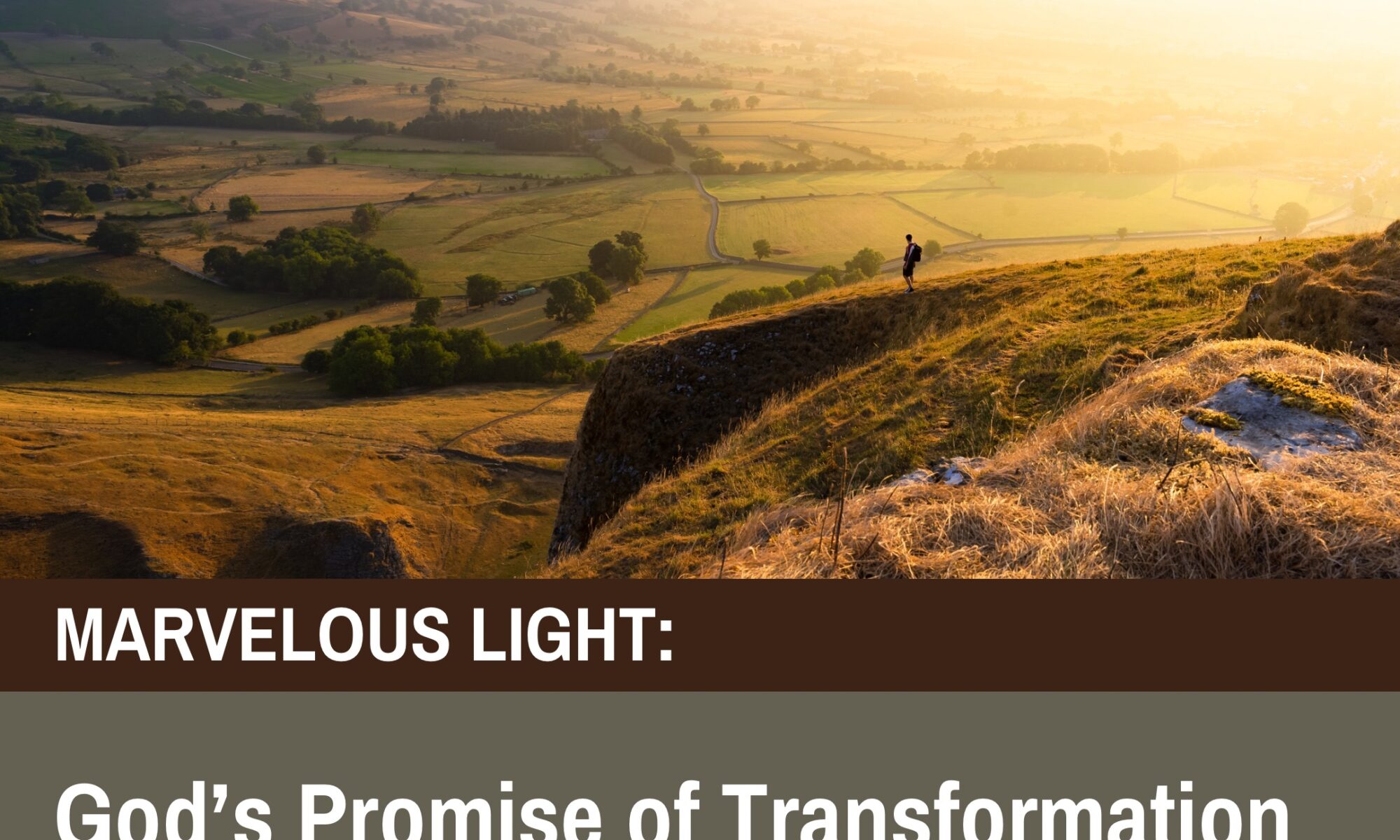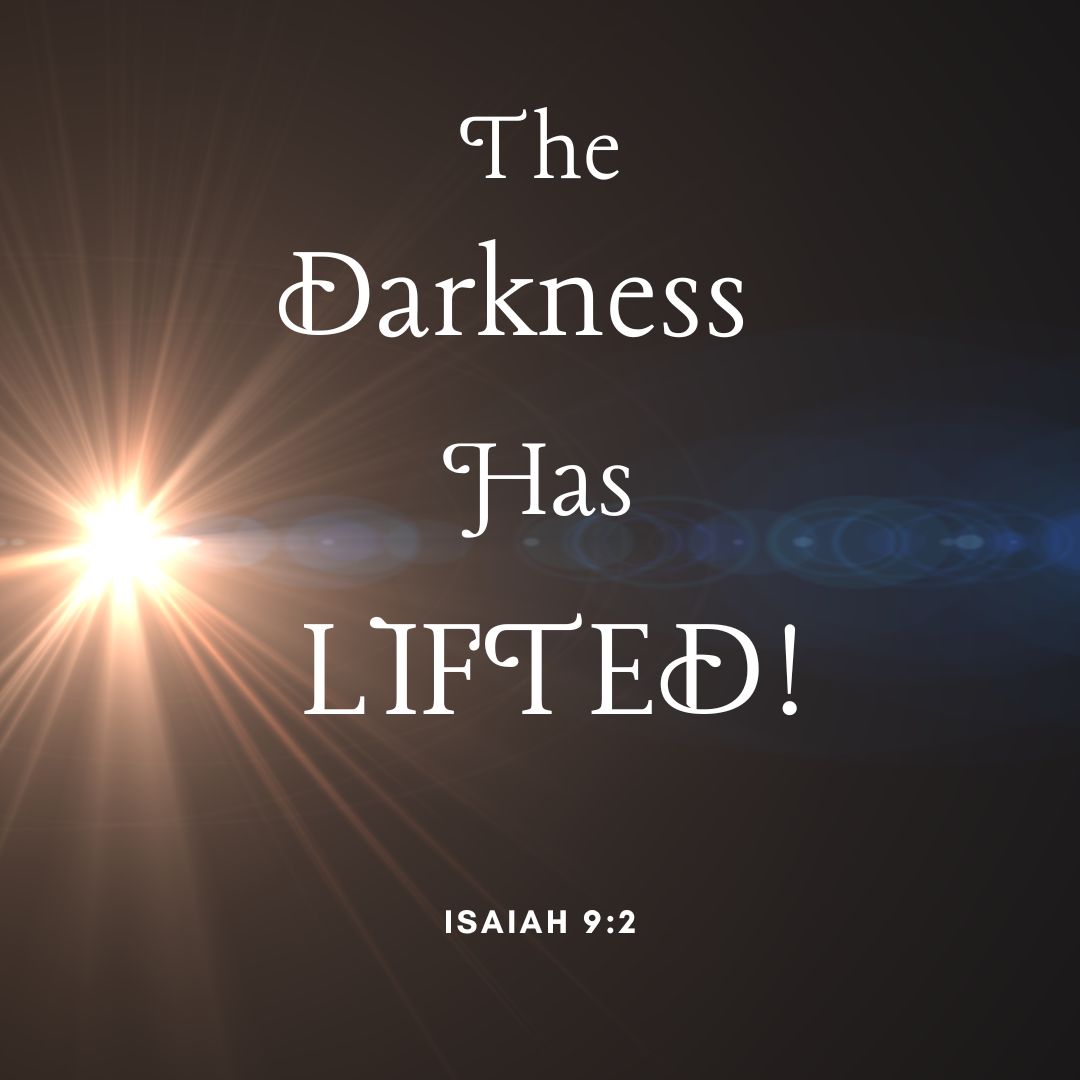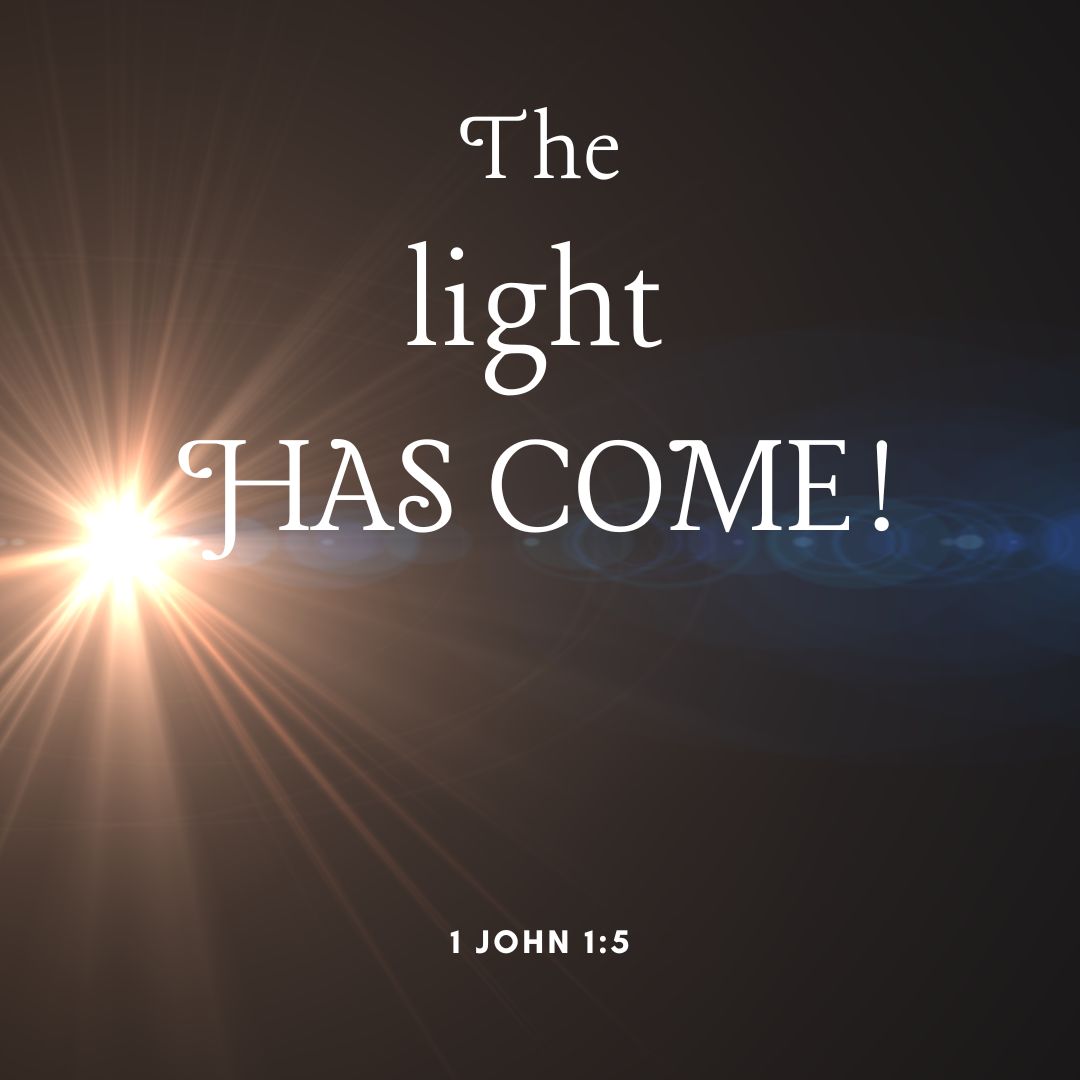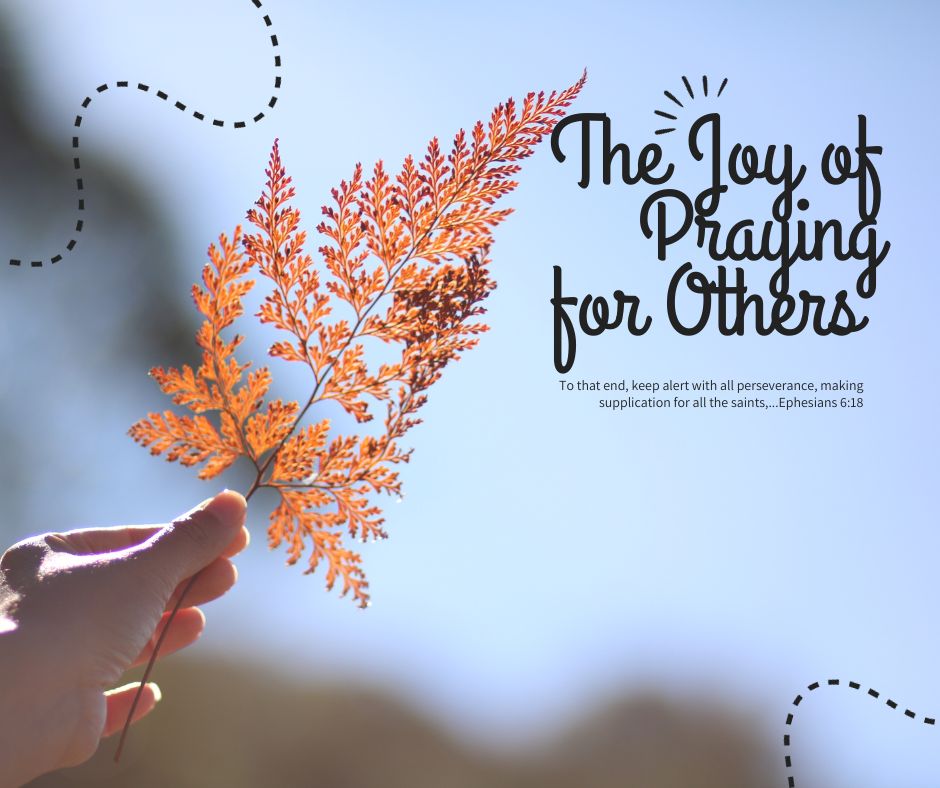We often get weather alerts warning us of extreme conditions—high winds, heavy rain, or even an “atmospheric river.” Living in the Pacific Northwest, we’re no strangers to rain. But recently, we had a warning about extreme fog. Sure enough, thick, heavy fog rolled in, limiting visibility and creating a tangible heaviness in the air.
This got me thinking about how the Bible uses darkness as a metaphor for sin, separation from God, heaviness, loneliness, or seasons of despair. Today, we might describe a “dark state” as depression or deep sadness. These seasons of darkness can be triggered by our own choices, circumstances outside our control, or even the actions of others.
Throughout Scripture, there are references to the “night of the soul” or the “darkness of night.” These phrases echo the experiences of believers who have felt a profound absence of God’s presence. Have you ever been in a season like this—where it seemed like the darkness would never lift? How did you handle it?
The Bible offers a profound story of light breaking into a literal and spiritual darkness. In Acts 16, we read about Paul and Silas, two missionaries in Philippi. After casting out a demonic spirit from a girl, they were met with anger from those who had exploited her for profit. This act of compassion led to their imprisonment:
“Having received this order, he [the jailer] put them into the inner prison and fastened their feet in the stocks. About midnight Paul and Silas were praying and singing hymns to God, and the prisoners were listening to them” (Acts 16:24-25).
A few things stand out in this passage:
1. They were imprisoned for doing good. Despite their good deed, they faced unjust punishment.
2. They were placed in the inner prison. This was the harshest part of the jail, reserved for the worst criminals.
3. They chose to pray and sing. Instead of grumbling or despairing, they turned to God in worship.
4. They used their misfortune as a witness. Their prayers and songs reached the ears of other prisoners.
This story reminds me that in moments of darkness, it’s crucial to remember the truths of Scripture. Sometimes, this comes easily. Other times, it’s a struggle to hold on to hope. Two practices have helped me navigate seasons of darkness: praying and singing.
Praying in the Darkness
Prayer is more than asking God for help—it’s abiding with Him. It’s bringing our hearts before God in praise, confession, supplication, and thanksgiving. Even moments of silent prayer, where we simply desire to be in His presence, can be transformative.
One powerful practice is praying through Scripture. I wonder if Paul and Silas prayed through the Psalms—perhaps reminding themselves that God is their rock, shield, and shelter. Praying Scripture anchors our hearts in God’s promises and redirects our focus from our circumstances to His faithfulness.
Singing in the Darkness
I don’t have the best singing voice, but I’ve learned the importance of singing to the Lord. Paul and Silas sang hymns, likely based on Psalms. Singing Scripture allows us to internalize God’s truth in a unique and powerful way.
Recently, during a difficult season, I found myself turning to Scripture-based worship songs. Singing helped shift my focus from the weight of my circumstances to the promises of God. It reminded me of His sovereignty, faithfulness, and grace. It also pointed me back to the cross—the ultimate demonstration that darkness does not have the final word.
The Darkness Will Lift
Paul and Silas experienced a miraculous deliverance. But even when our problems don’t resolve immediately, we have the assurance that the darkness will not last forever. Like the fog, it may feel heavy and impenetrable, but it will lift.
As 1 Peter 2:9 reminds us:
“But you are a chosen people, a royal priesthood, a holy nation, God’s special possession, that you may declare the praises of him who called you out of darkness into his wonderful light.”
No matter how thick the darkness seems, the One who called us out of darkness into His marvelous light holds us securely in His hands. When the darkness doesn’t lift right away, let’s follow Paul and Silas’s example—praying, singing, and trusting the God who shines His light in the midst of it all.










